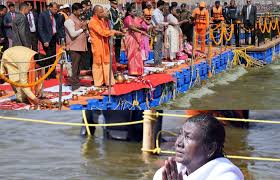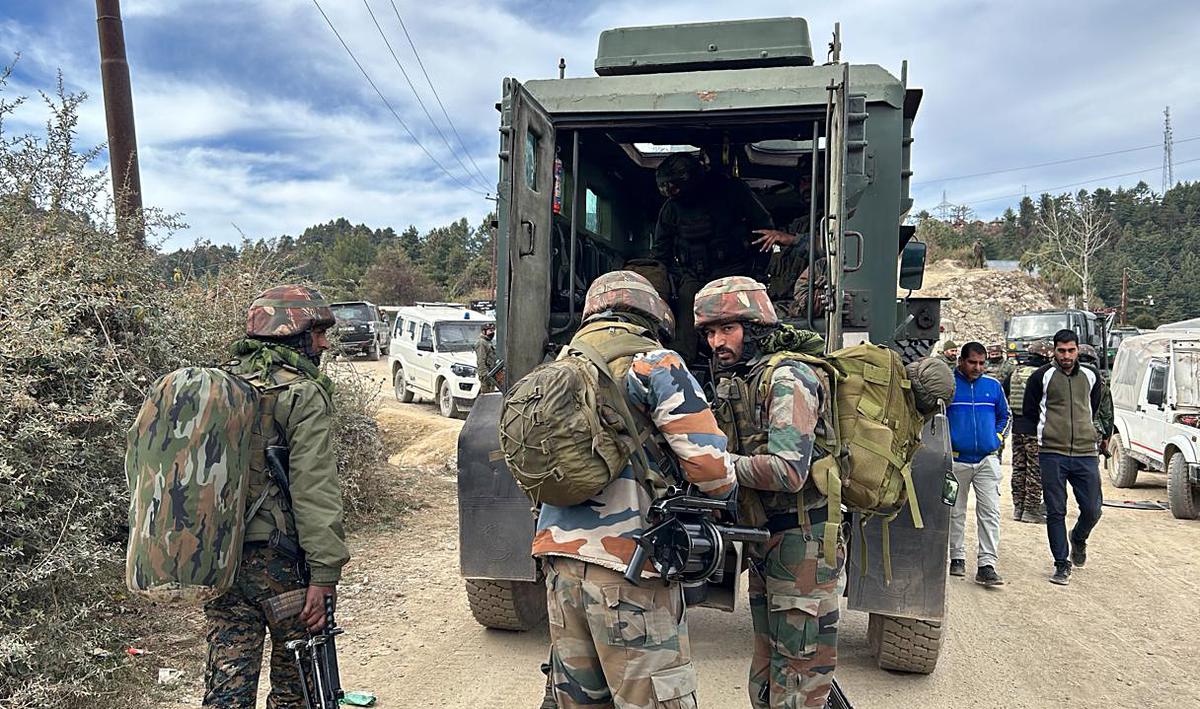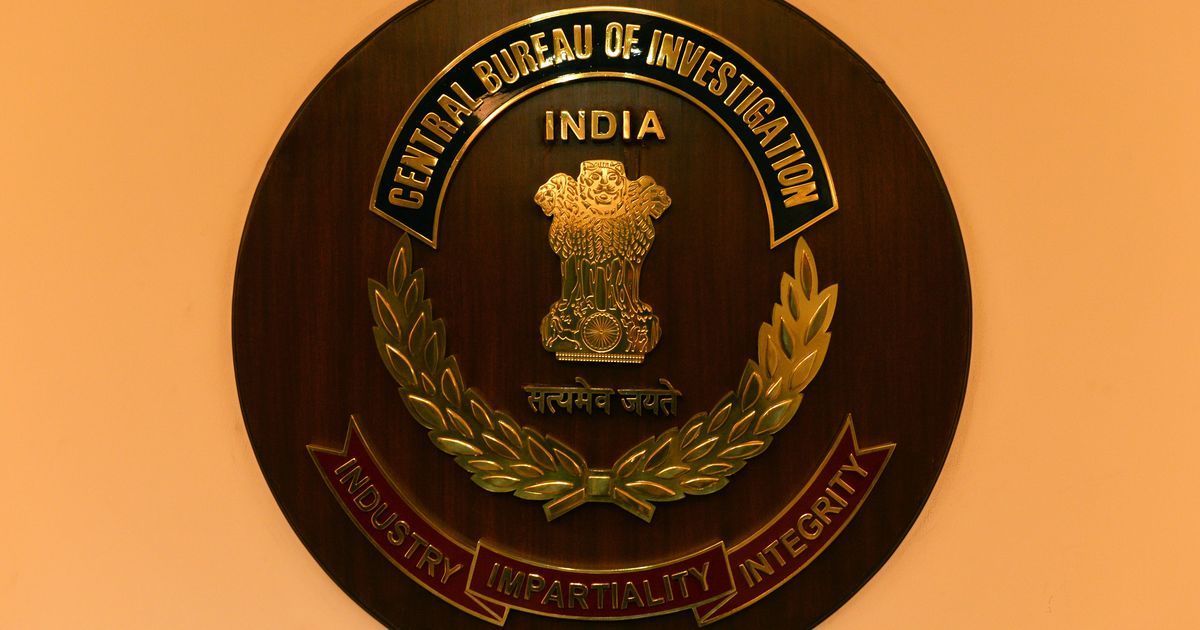Gram sabhas across Telangana on Sept 6
Sat 31 Aug 2019, 11:54:49
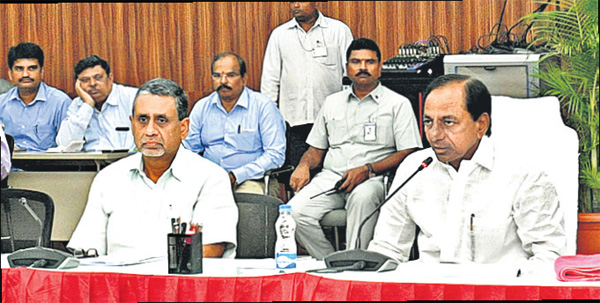
Chief Minister K Chandrashekhar Rao on Friday said day one of the 30-day special action plan for the development of villages, beginning September 6, would see gram sabhas being organised across the State to educate people about the initiative and the need for their active participation in the programme.
On the second day, the appointment of co-opted members and selection of standing committees would be taken up. No member from the families of sarpanches should be taken as a co-opted member, he stressed.
The community needs, as well as the resources in the villages, will be identified to facilitate the preparation of an action plan, which will be discussed and approved by the respective gram sabhas.
As part of the plan, village bodies will focus on clearing the rubble of collapsed houses and dilapidated structures besides filling abandoned wells and levelling low-lying areas to prevent waterlogging that leads to mosquito breeding.
The surroundings of schools, anganwadis and similar government institutions would be cleaned, and wild growth would be cleared. All the roads and drains would also be cleaned and drainage repairs would be taken up besides clearing bottlenecks, the Chief Minister said, at a high-level meeting at Pragathi Bhavan.
Stating that villagers should contribute their mite through
shramadan at least twice a month, Chandrashekhar Rao said they should involve themselves in cleaning shandy (weekly market) and other market areas.
shramadan at least twice a month, Chandrashekhar Rao said they should involve themselves in cleaning shandy (weekly market) and other market areas.
The gram panchayats should keep a tractor at its disposal for clearing garbage and for watering plants. Places should be identified for dumpyards in the villages and if no suitable land is available, it should be purchased with gram panchayat funds, he said. Suitable place should also be identified in every village for constructing graveyards, he added.
The action plan will focus on constructing toilets to ensure coverage of 100 per cent households. Suitable places should also be identified for developing nurseries on a permanent basis in the villages, the Chief Minister said, adding that Forest Range Officers should extend technical help to the villagers in raising saplings at nurseries.
In addition to the Harita Haram nurseries being developed in 12,751 gram panchayats, the Forest Department should also raise its own nurseries for certain exclusive plant species.
The agriculture extension officers should identify saplings of plant species needed by farmers, and gram panchayat officials should also gather requirement of fruit-bearing trees and flowering plants that people intend to grow in their backyards, Rao said.
No Comments For This Post, Be first to write a Comment.
Most viewed from Hyderabad
Most viewed from World
AIMIM News
Delhi Assembly polls: Owaisi leads Padyatra in Okhla
Feb 01, 2025
We reject this Waqf Amendment Bill: Asaduddin Owaisi
Jan 30, 2025
Latest Urdu News
Most Viewed
May 26, 2020
Which team will win the ICC Men's Champions Trophy 2025 held in Pakistan/Dubai?
Latest Videos View All
Like Us
Home
About Us
Advertise With Us
All Polls
Epaper Archives
Privacy Policy
Contact Us
Download Etemaad App
© 2025 Etemaad Daily News, All Rights Reserved.

.jpg)
.jpg)
.jpg)
.jpg)
.jpg)






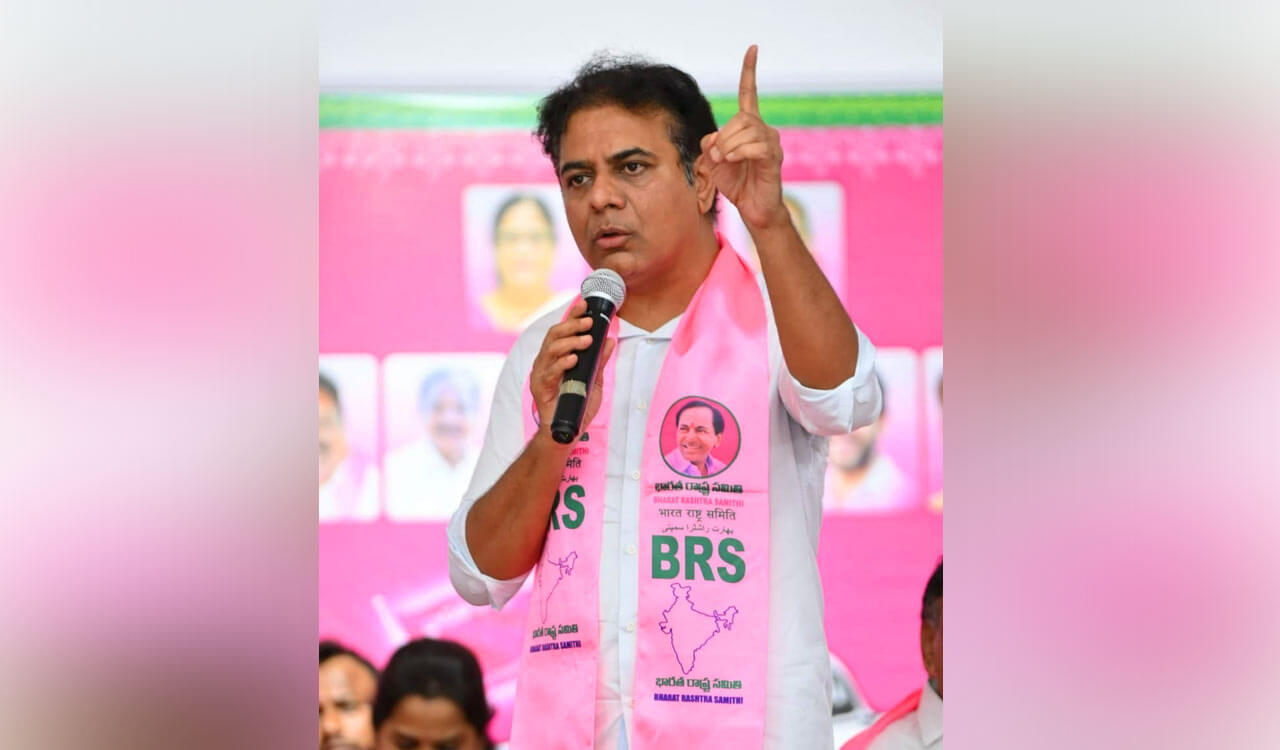
.jpg)
.jpg)
.jpg)
.jpg)
.jpg)
